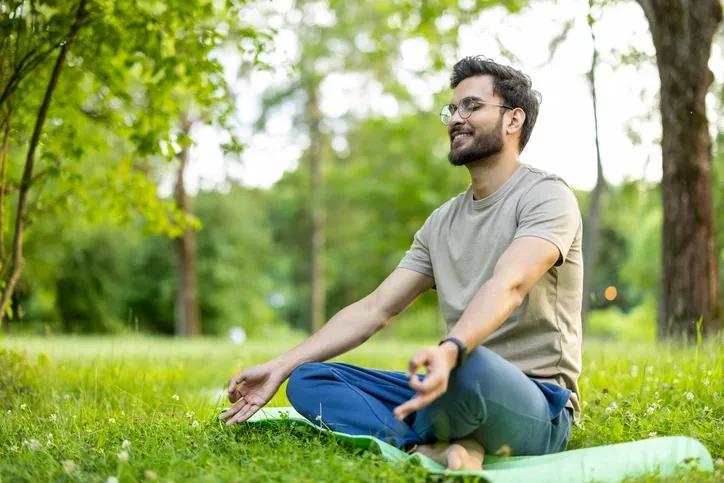
Mindfulness is more than a buzzword. It’s not about emptying the mind or achieving perfect calm but about learning to engage fully with each moment. Whether you’re sipping coffee, brainstorming ideas, or navigating a busy workday, mindfulness can help you become more aware and effective. As explained by Robert Beatty, the beauty lies in its simplicity: even brief routines can create a meaningful impact over time.
Understanding Daily Mindfulness
Mindfulness is the practice of paying attention to the present moment without judgment. It's about noticing your thoughts, emotions, and physical sensations without trying to change them. Practicing mindfulness daily means setting aside time—even a few minutes—to reconnect with your current experience.
Simple techniques like focusing on your breath, noticing the feel of your feet on the ground during a walk, or scanning your body for tension can help build this awareness. Many people find small, repeated efforts more sustainable than long sessions. These pauses not only ground you but also boost your capacity to respond intentionally rather than react impulsively. Gradually, these moments of attention can shift how you respond to stress, distractions, and creative blocks.
The Connection Between Mindfulness and Creativity
When the mind is constantly racing, it's hard to access original thought. Mindfulness helps quiet the mental noise, creating space for new ideas to emerge. By tuning into the present moment, you're more likely to notice subtle details and make unique connections that fuel creative thinking.
Writers, designers, and musicians often turn to mindfulness to find fresh inspiration. A few minutes of silence before a creative session can shift mental gears and open up new perspectives. Instead of forcing ideas, creativity tends to flow more naturally when the mind is calm and receptive. Some even find that mindful walking or journaling can unlock solutions that were just out of reach.
Boosting Productivity with Mindful Habits
Productivity isn’t just about doing more—it’s about doing what matters with clarity and intention. Mindfulness supports this by helping you stay fully engaged with one task at a time, reducing the urge to multitask and the fatigue that comes from constant mental switching.
Some professionals use mindful breathing techniques between meetings to reset their focus. Others set short timers paired with moments of stillness to transition from one task to the next. These small habits can reduce overwhelm and build momentum throughout the day. Rather than rushing from one thing to another, mindfulness brings a sense of steadiness to how you move through your responsibilities.
When you're aware of your mental state, it's easier to catch yourself drifting and bring your attention back to the task at hand. You may even find that tasks get completed with greater accuracy and less stress.
Strengthening Focus Through Daily Application
Distractions are everywhere, and the ability to focus has become one of the most valuable skills. Mindfulness trains the mind to notice when attention drifts and gently bring it back. Techniques such as single-tasking or taking short, focused breaths can reduce mental clutter. Even a few moments of deliberate attention on one activity—like drinking tea or listening to a sound—can refresh your ability to stay present.
Creating a Sustainable Routine
Fitting mindfulness into a packed schedule may seem challenging, but it often starts with small shifts. Brushing your teeth without checking your phone or pausing to take three slow breaths before replying to a message can turn everyday moments into mindful ones.
Rather than striving for perfection, consistency matters more. Some use gentle reminders—like a sticky note on a mirror or a calming ringtone—to cue pauses throughout the day. Over time, these little rituals build into a rhythm that feels natural and supportive. Eventually, mindfulness becomes less of a task and more of a seamless part of your routine.
Applying Mindfulness for Lasting Results
The beauty of daily mindfulness is that its benefits compound quietly over time. A clearer mind, steadier focus, and more creative energy gradually become part of your baseline. What starts as a short pause in your day can grow into a powerful shift in how you approach work, relationships, and personal growth. Starting small can be enough, and with regular practice, mindfulness becomes less of a task and more of a way of being.


